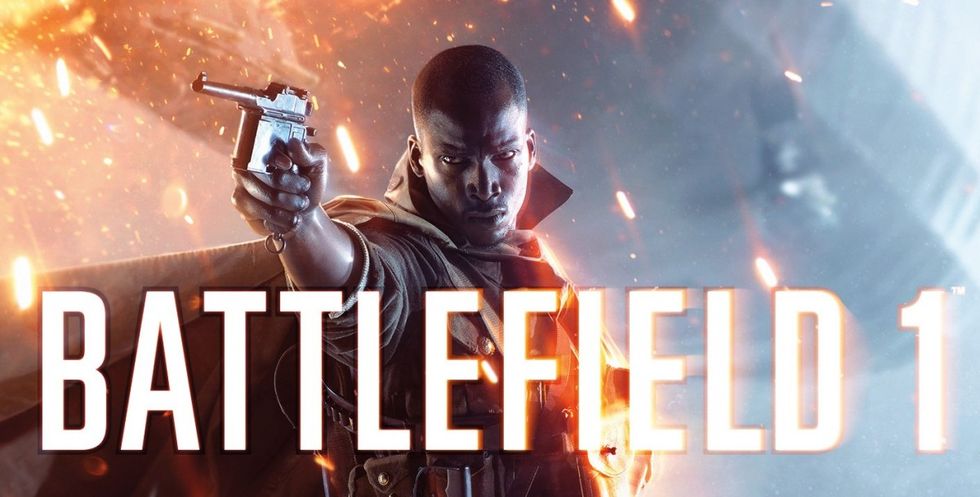First person shooter (FPS) video games have defined a generation of gamers and still have a significant hold on certain gaming markets. Games like Doom, Quake, and Counter Strike all pioneered a vision of what an FPS was supposed to be. Inevitably, technological advancements enabled better graphics and gaming mechanics, and over the years game developers have pushed the envelope with high definition gaming. We now can achieve 4K resolution, which translates into having 4,000 pixels on the screen at one time and allows for higher quality of gaming and graphics overall.
In terms of contemporary games, two of the largest brands, Call of Duty and Battlefield, vie for the title of best FPS. I would argue that so far Battlefield has been beating Call of Duty all over the place. Although graphics are not an end-all-be-all decider for an FPS, they do play a significant part in creating a compelling gaming atmosphere. Back in October of 2016, both Battlefield and Call of Duty released their newest titles. Battlefield 1 was released around the same time Call of Duty Infinite was released. The most significant difference between these two games is that Call of Duty Infinite takes place in a futuristic setting with a similarly futuristic war style, whereas Battlefield 1 takes place during World War I.
During the prerelease hype, there was a great deal of animosity between the two gaming publishers. Most of this was driven by the fan base of Battlefield. I would argue that many FPS gamers-- even those who like the Call of Duty series-- were highly disappointed in Call of Duty Infinite. Many said that it simply tried to achieve too much. What these FPS gamers really want is simplicity and immersion value. Battlefield 1 takes the cake when it comes to narrative, setting, and graphics. Despite the fact that Call of Duty Infinite was scaled for higher resolution, the gameplay just didn’t have the immersion value of Battlefield 1.
If you are not familiar with these games, I would recommend taking a look at some gameplay of each of them. Battlefield 1 gives players the sense that they are there in the moment because of features like adaptive environments and the sheer number of players present in one game. In short, the gaming mechanics of Battlefield 1 are better because they continually update and build new game engines, whereas Call of Duty recycles their gaming engines, so you practically buy the same game over and over.
However, at the latest Electronics Expo, Call of Duty announced their newest game, World War II. This is their response to the disappointment of Infinite, but it seems that this game will only dig the hole deeper. The developers are now facing heat for copyright infringement because people are saying that the cover art is ripped off an older game called Brothers in Arms. Not only did they copy this cover, but they also rehash the same old whitewashed representations of the past. Their cover art depicts a white male with blue eyes looking at the viewer and holding onto a rifle. By contrast, Battlefield 1 features a black man who had a significant role in the first World War. This is just another instance of Call of Duty being behind the times. Battlefield knows that their audience wanted something fresh that hadn't been done before and that is why they chose World War I. They then took their vision further by sharing the hidden narratives of marginalized people.
The cover art for Battlefield 1 represents a soldier who was a part of the Harlem Hell fighter regime, which was an American group that fought on the side of France. During the war, the United States did not want these black soldiers to be a part of the same ranks as the white fighters, so they sent them to fight under the French flag. The Harlem Hell fighters received their name from the Germans, who chose to describe them as hell fighters for their tenacity on the battlefield. In the game, there are multiple times when the player is told about this narrative. I would argue that this is an important example for continuing to spread positive representations in video games. All in all, Battlefield 1 destroyed Call of Duty’s two recent titles and will continue to do so until Call of Duty’s developers create a better strategy.
















